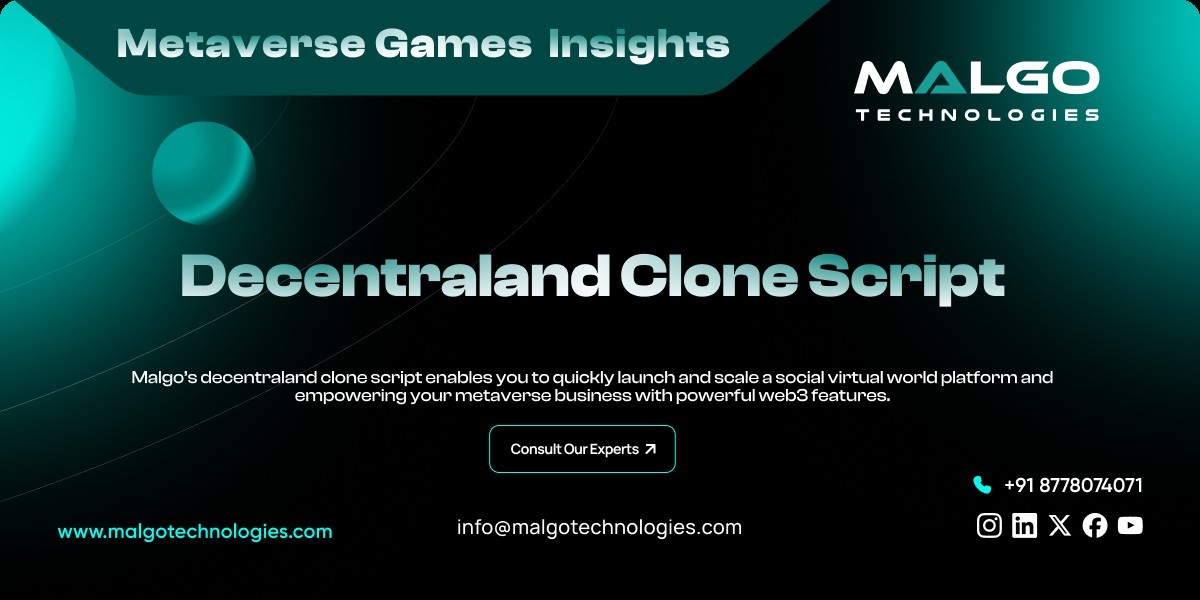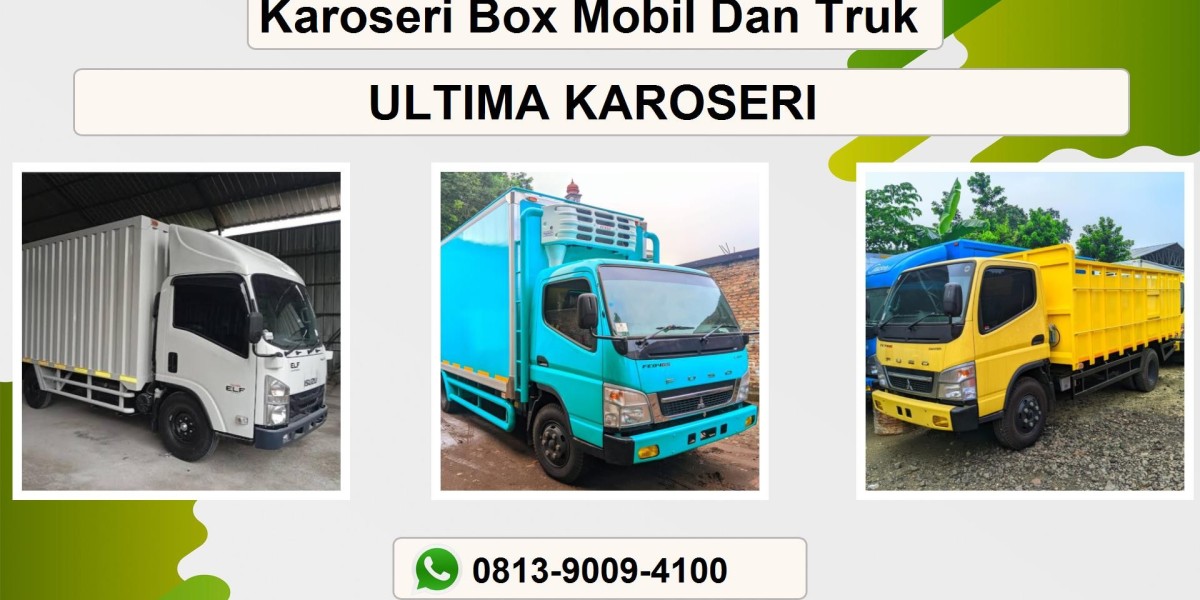Virtual spaces have become more than just places to interact—they’re digital environments where people socialize, attend events, trade assets, and own land. A Decentraland clone script helps businesses launch their own metaverse-like platform with features focused on virtual real estate. It enables users to own parcels of land, design immersive spaces, and participate in decentralized economies.
In this blog, we’ll break down how this script helps developers build long-term platforms, encourages digital land-based businesses, and plays a growing role in how people view property ownership online.
What Is a Decentraland Clone Script?
This type of script is a ready-to-deploy software solution designed to replicate core functionalities of existing metaverse environments. It includes:
Virtual parcel creation
3D user interaction environments
Land trading capabilities
Integration with digital tokens
Decentralized governance modules
By launching a platform using this model, businesses can offer users a place to build, own, and manage digital property with blockchain-backed proof of ownership.
Virtual Property Ownership Becomes Accessible
The core idea behind these platforms is digital land. Users can buy plots in a virtual city or world. Each parcel is unique, often issued as a token that proves ownership. Owners can resell land, rent it out, or build custom spaces like galleries, showrooms, or event arenas.
These assets gain value based on their location, traffic, or utility, creating a new digital property economy that works similarly to traditional real estate—but in a completely online environment.
Building Interactive Digital Environments
A key feature that makes this model appealing is the ability to build on top of owned land. With the right tools, users can create:
Art galleries
Game zones
Event spaces
Meeting rooms
Virtual stores
This gives land owners the freedom to create spaces that attract visitors and generate interaction. Some may offer paid access, while others focus on brand exposure or virtual events. This customization plays a major role in long-term user engagement.
Monetization Opportunities in Digital Land
Platforms based on this script create multiple ways for owners and developers to earn:
Land sales and auctions: Sell newly created land zones to users.
Transaction fees: Collect a percentage from trades on the platform.
Paid events: Allow users to host ticketed virtual concerts, meetups, or launches.
Advertisement zones: Let companies display ads in high-traffic digital spaces.
Asset sales: Offer skins, accessories, and decor for users’ avatars or land.
These income streams make the model attractive to both individuals and organizations looking to earn from digital property.
Why Virtual Land Appeals to Users
One reason digital property is gaining popularity is its scarcity. In most platforms, the number of available parcels is limited. Just like in physical cities, prime locations often hold more value, and users want to secure land early. Ownership records are maintained on a public ledger, which prevents duplication and supports secure trade.
Another appeal lies in creative freedom. Building virtual experiences offers more flexibility than in the physical world. Users can experiment with architecture, interaction types, and styles that reflect their personality or brand—without real-world limitations.
Real-Time Trading Features
Platforms powered by this model typically offer in-app marketplaces where landowners can list their properties or items. These markets often include filters, live bidding, and wallet integration to allow instant, secure trading.
Having an internal trading system also helps retain users, as they don't need to go elsewhere to buy or sell assets. Over time, this increases overall engagement and transactional activity on the platform.
Land as an Investment Asset
Owning digital land is being viewed by some as a long-term investment. If the platform gains popularity, early land buyers may see a significant increase in value. Some users buy land to hold it, while others develop and flip properties after adding interactive features.
This speculative potential adds another layer of interest, particularly among users who are already involved in online marketplaces or digital assets.
Governance Through User Voting
Decentralized decision-making is often included as a built-in feature. This allows users to vote on platform changes, new land releases, or feature updates. It shifts some control away from platform owners and into the hands of the community.
This level of transparency can boost user trust, while also keeping the platform responsive to actual user needs. In time, stronger community governance can lead to better development outcomes and higher platform longevity.
Cross-Device Compatibility
To maintain high user engagement, many platforms using this script are optimized for access across various devices, including desktops, tablets, and VR headsets. This cross-device support ensures users can interact with the virtual world whether they’re using a mouse or exploring via immersive goggles.
The more accessible the platform, the more likely it is to attract diverse users—from gamers to professionals attending virtual expos or events.
Keeping Users Engaged Long-Term
One challenge for any digital platform is keeping users active after the initial launch. To maintain momentum, successful platforms include:
Regular land updates or new zones
Limited-edition items and events
Community contests or building competitions
Loyalty or reward systems
Seasonal themes or branded partnerships
These strategies give users reasons to return, interact, and invest more time in building their digital footprint within the platform.
Future Trends in Digital Property Platforms
Looking ahead, several developments are expected to become common across such platforms:
Inter-platform interoperability: Users may be able to move their digital assets across different virtual worlds.
Subscription services: Access to premium tools, faster building features, or VIP land areas.
Token utilities: Expanding the use of platform-native tokens for services beyond trading.
AI integration: Smarter building tools that auto-suggest layouts or manage events.
Keeping up with such trends is essential for platform longevity, and businesses building on this script model can add these features in phased development cycles.
Final Thoughts
Platforms powered by a Decentraland-like script open up new ways for people to interact, create, and profit in fully digital environments. As interest in virtual ownership continues to rise, these platforms give users a space to buy land, build meaningful experiences, and trade digital property with real-world value.
Whether the goal is community building, business branding, or user-driven development, this model supports sustainable growth in the virtual real estate space. For businesses, it's a chance to lead in an area that’s just starting to gain traction—with tools that are ready for immediate use.








